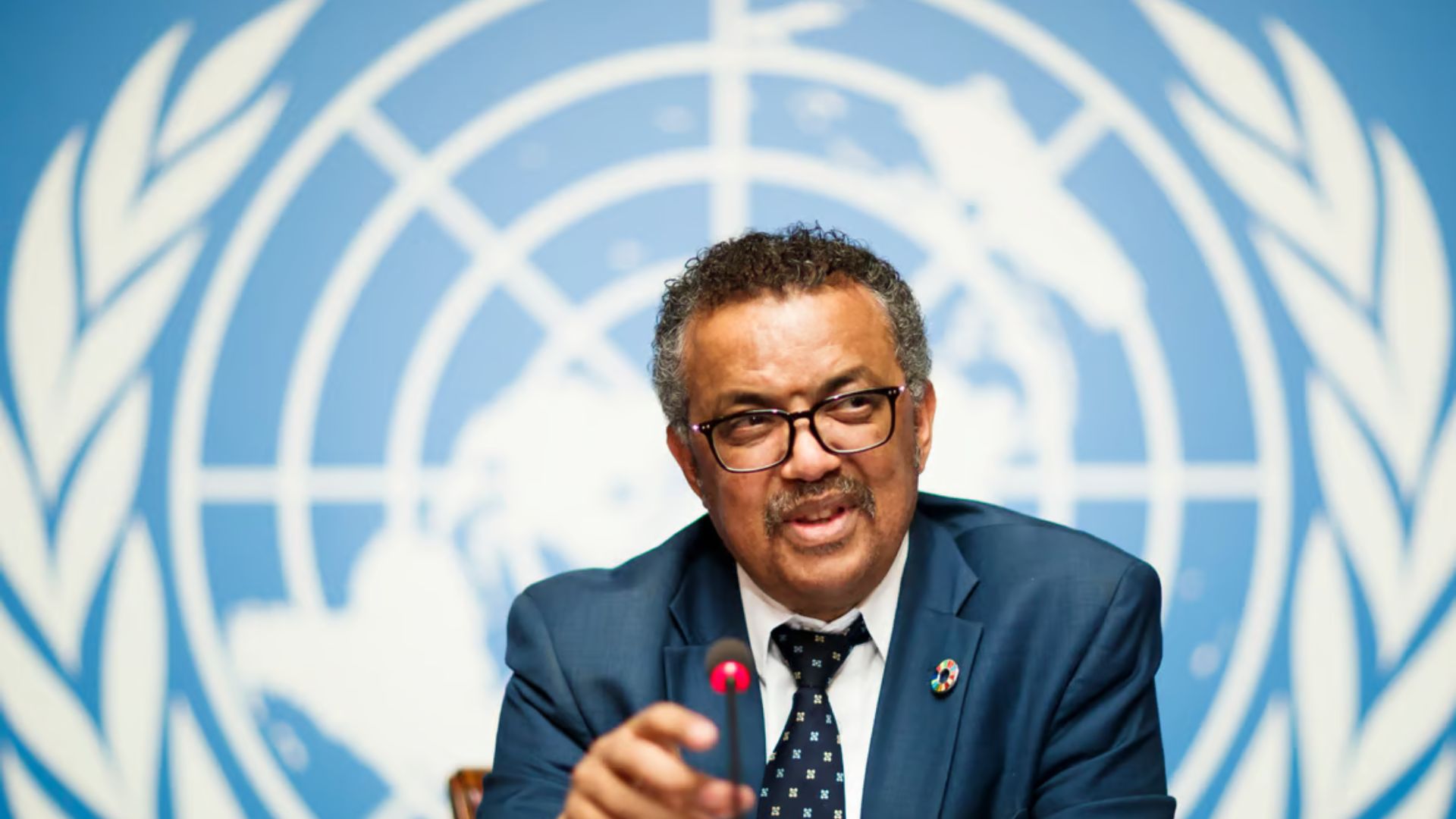The World Health Organization (WHO) has called for an emergency meeting in response to the recent spread of mpox outside the Democratic Republic of the Congo (DRC).
Mpox, a viral disease endemic to Central and West Africa, can be transmitted through physical contact with infected individuals, animals, or contaminated materials. Symptoms of mpox include skin rash or lesions, fever, headache, muscle aches, back pain, fatigue, and swollen lymph nodes.
The disease gained global attention two years ago during the COVID-19 pandemic, leading to a public health emergency of international concern in July 2022, which concluded in May 2023. Given the potential for further international spread, both within and beyond Africa, WHO Director-General Dr. Tedros Ghebreyesus has convened an emergency committee to assess the current situation.
The committee, comprising independent experts from various disciplines, will advise Dr. Ghebreyesus on whether the ongoing outbreak constitutes a new public health emergency of international concern, the WHO’s highest level of alert.
Dr. Ghebreyesus announced in Geneva on Wednesday that the DRC has been experiencing a severe outbreak of mpox since the start of the year, with over 14,000 cases and 511 deaths reported. Although outbreaks have been reported in the DRC for decades, the case count for the first six months of this year has already matched the total for all of 2023.
In the past month, approximately 50 confirmed and suspected cases have emerged in four neighboring countries—Burundi, Kenya, Rwanda, and Uganda—that had not previously reported mpox cases.
Dr. Ghebreyesus explained that mpox outbreaks are caused by different viral clades. Clade 1a cases have been reported in the DRC, the Central African Republic, and the Republic of Congo this year, while clade 2 has been detected in Cameroon, Côte d’Ivoire, Liberia, Nigeria, and South Africa.
He emphasized that controlling the spread of mpox will require a comprehensive response centered on community engagement. To support this effort, WHO has developed a $15 million regional response plan for surveillance, preparedness, and response activities. Additionally, the organization has released $1 million from its emergency fund to bolster the response, with plans for further funding.
Currently, two mpox vaccines have been approved by WHO-listed national regulatory authorities, and recommendations for their use have been issued by the WHO’s Strategic Advisory Group of Experts on Immunization (SAGE).




